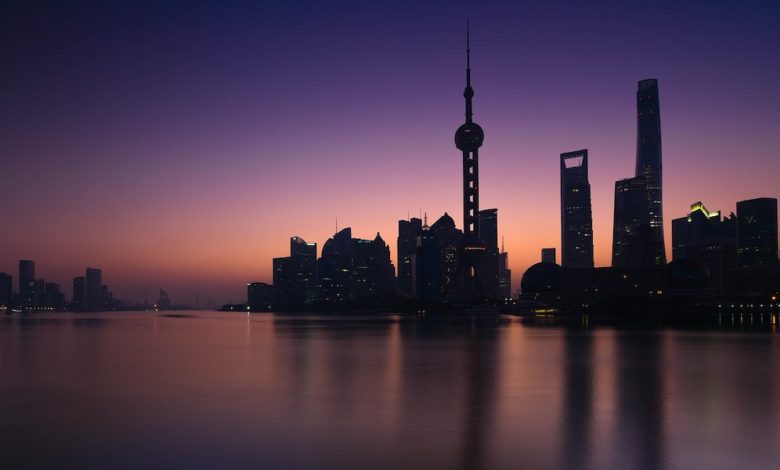Dry bulk’s malaise ever grander with demise of top Chinese property developer

From bad to worse. The sense of despondency that has set in among many dry bulk owners this year has added a further layer of glumness with news from New York where China’s Evergrande Group, an embattled real estate developer, has sought Chapter 15 bankruptcy protection.
Chinese real estate is one of the biggest drivers of the seaborne iron ore trades. The property sector in the People’s Republic has been under significant duress for the past couple of years with Evergrande’s plight making many headlines in particular.
Evergrande, with debts in excess of $300bn, is the most heavily indebted property developer on the planet. In the last two years alone the property giant lost $80bn. Its Chapter 15 filing yesterday allows Evergrande to protect assets in the US as it works out a possible deal with creditors.
Last week, another major Chinese property giant, Country Garden, once considered among China’s strongest developers, warned that it could see a loss of up to $7.6bn for the first six months of the year.
“Now with uncertainty around China’s economic growth and property sector recovery during the rest of the year, any softness in its commodity imports could pose downside risks to any prospects for a sequential recovery in dry bulk earnings,” a recent transport research note from HSBC bank warned.
While many have sought to try and suggest Evergrande’s demise is China’s Lehman Brothers moment, a reference to the trigger for the 2008 global financial crisis, analysts at UBS bank argue in a note to clients that an orderly Evergrande default should not derail the global GDP and earnings growth trends.
Burak Cetinok, head of research for brokers Arrow, told Splash that while the news from New York did raise contagion risk, he argued the collapse of Evergrande and Country Garden’s failure to pay coupons on its bonds was unlikely to have a huge impact on China’s dry bulk demand.
“Its impact is unlikely to be as significant as when Evergrande first faced difficulties. That is mainly because the property sector is already extremely weak with construction activity at or near historical lows,” Cetinok explained, going on to add: “The latest round of defaults come at a time when the Chinese economy is facing much stronger headwinds than it did before. As such, the impact on the overall economy could be much bigger and may force policymakers to intervene.”
Evergrande’s demise is one of a host of sour economic indicators coming out of the People’s Republic in recent months.
The International Monetary Fund currently projects the Chinese economy to grow by 4% from 2022 to 2027. However, much of this growth is expected to come from private consumption and not fixed investments, such as real estate.
Investments in the real estate sector experienced – for the first time since 1997 – negative growth of 10% in 2022, as a result of the ongoing real estate crisis. Property investment fell a further 7.9% in the first half of this year.
Recent data from UK consultancy Shipping Strategy shows the troubles facing China today, a nation where more than one in five youths are unemployed and the population has peaked.
Foreign direct investment was at a 25-year low for Q2 and is down nearly 90% year-on-year. Labour costs in China have grown 12 times in 10 years whereby a factory worker now makes per month what they made per year in 2013.
“China’s economy has stalled recently and headwinds are still intensifying on multiple fronts. The lack of a stronger stimulus response partly reflects a greater tolerance for economic weakness. But it also points to a worrying degree of policy paralysis, which suggests that the downturn could persist for a while longer,” a new report from Capital Economics suggested yesterday, predicting quarter-on-quarter growth of just 3% annualised over the rest of the year.
“This rests on the assumption that policymakers will eventually intervene more forcefully. But even then, any economic reacceleration is likely to be modest given the structural decline in trend growth,” Capital Economics noted.
